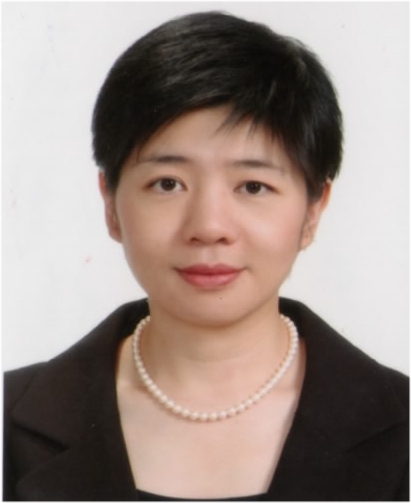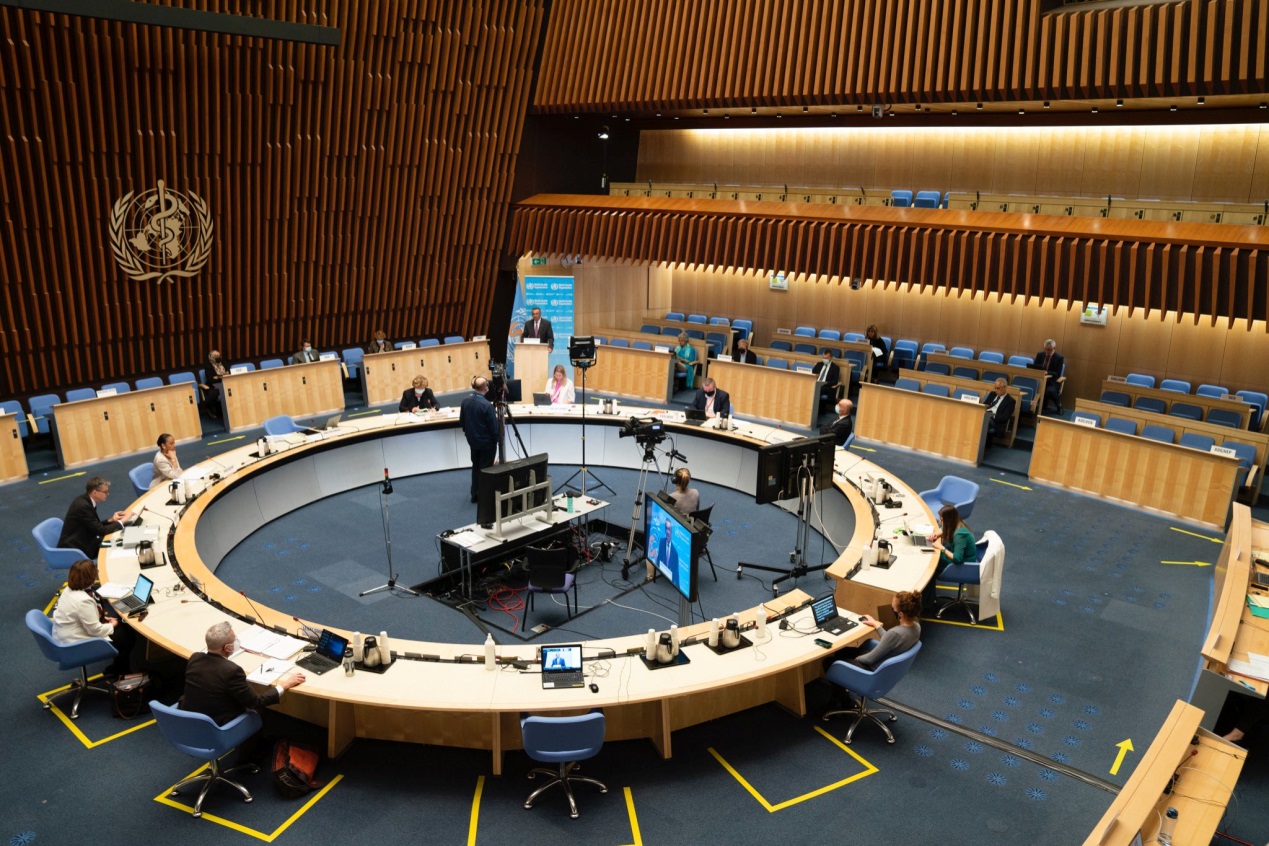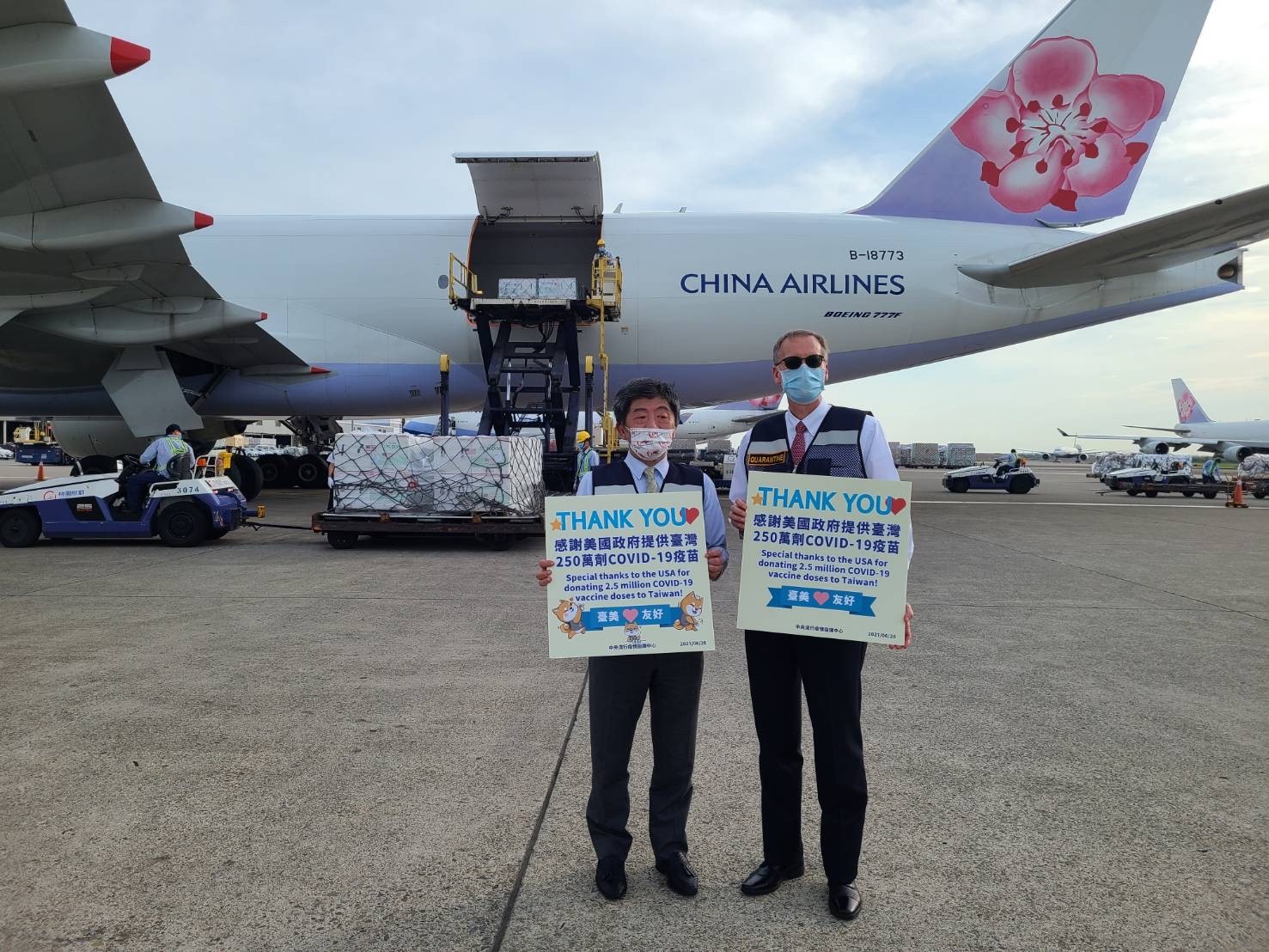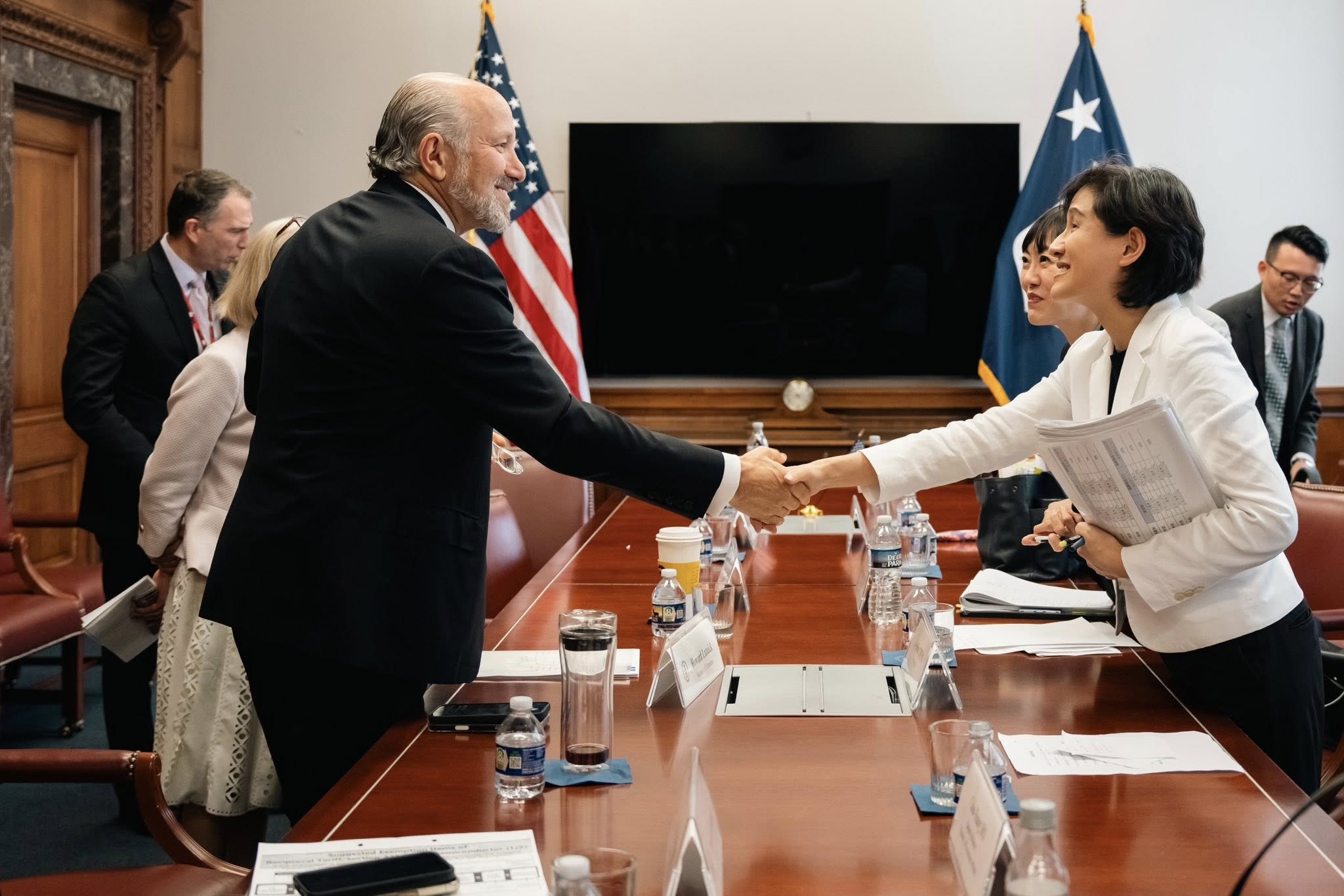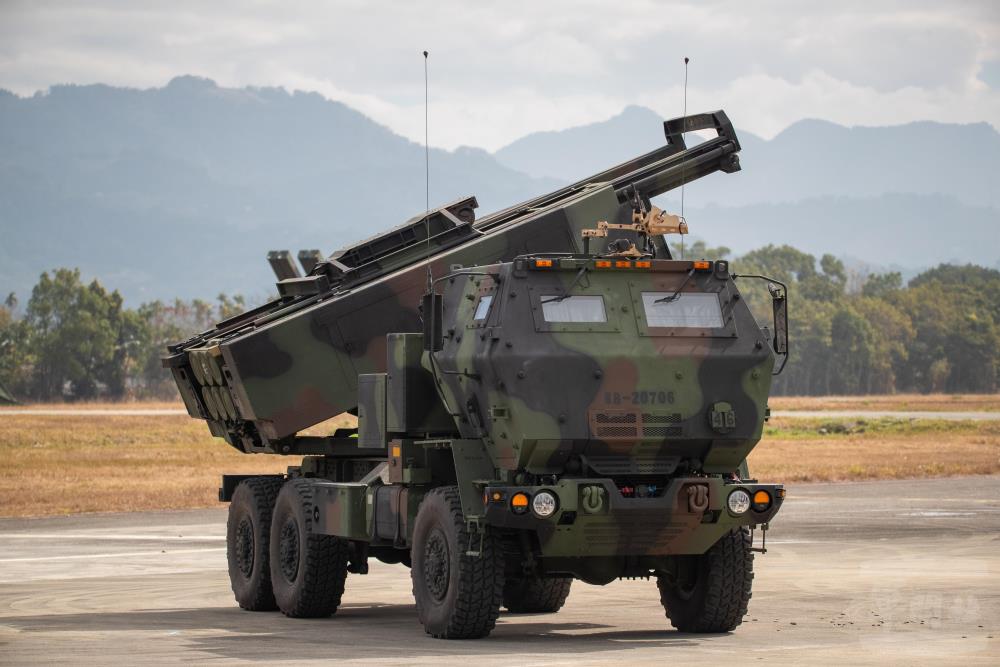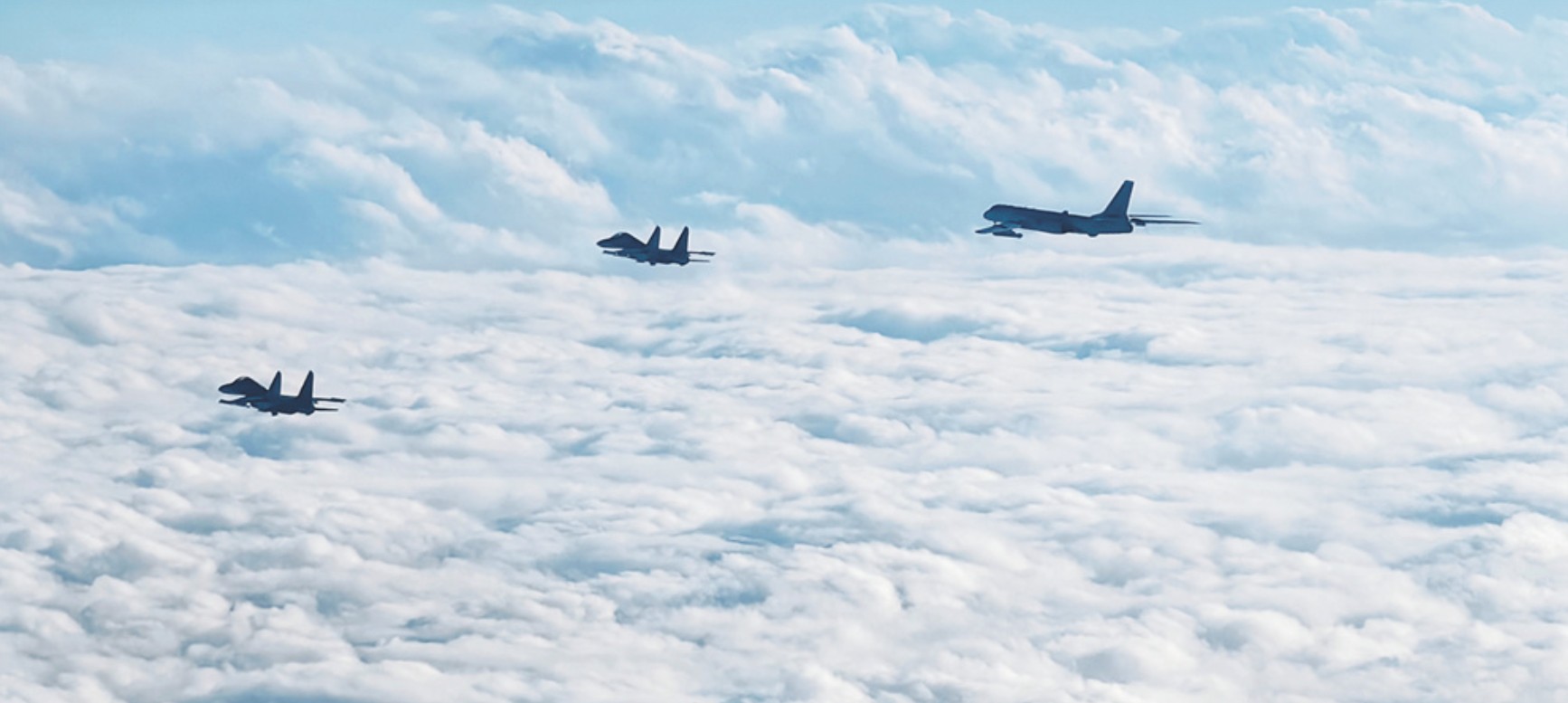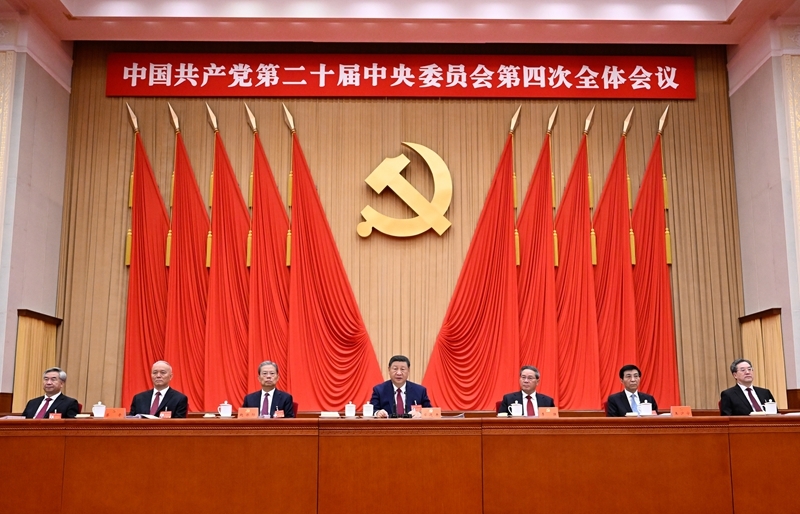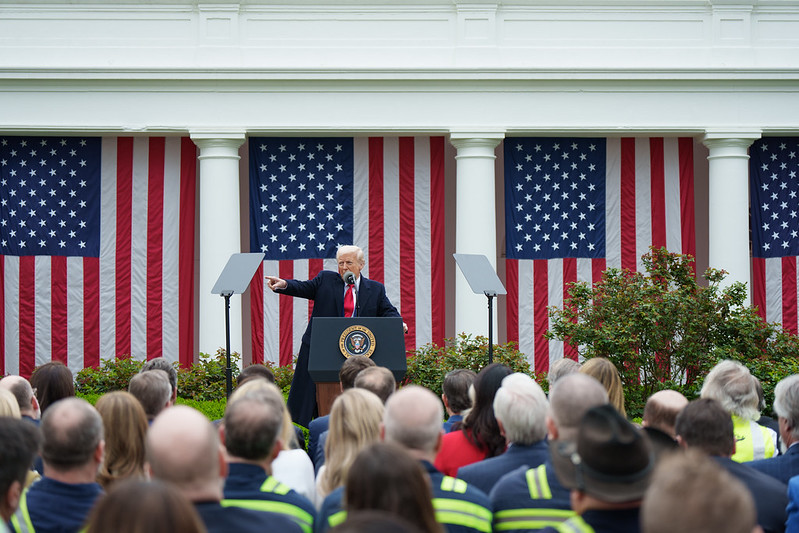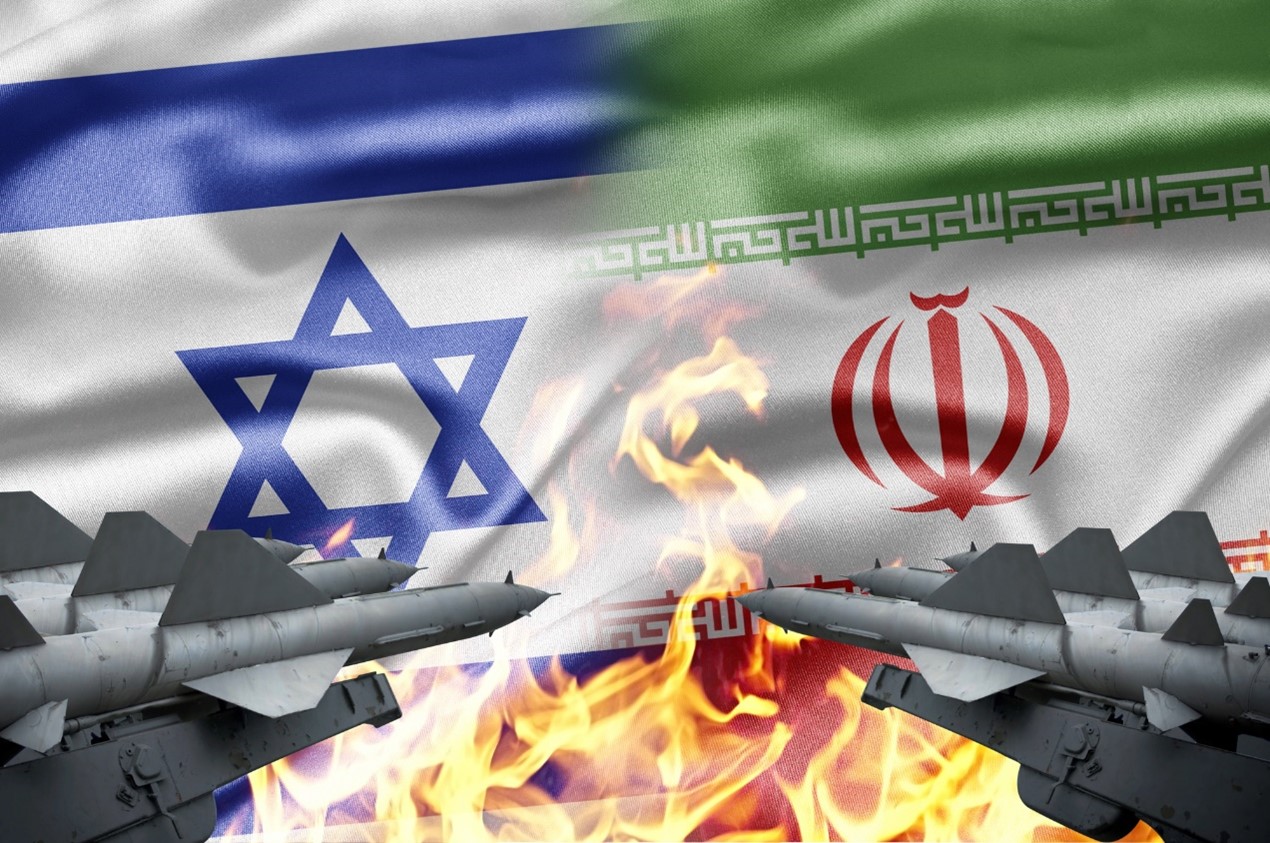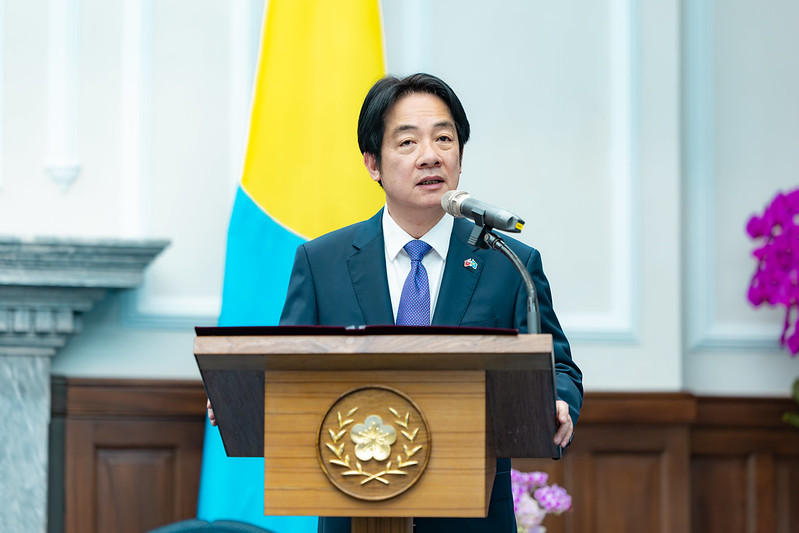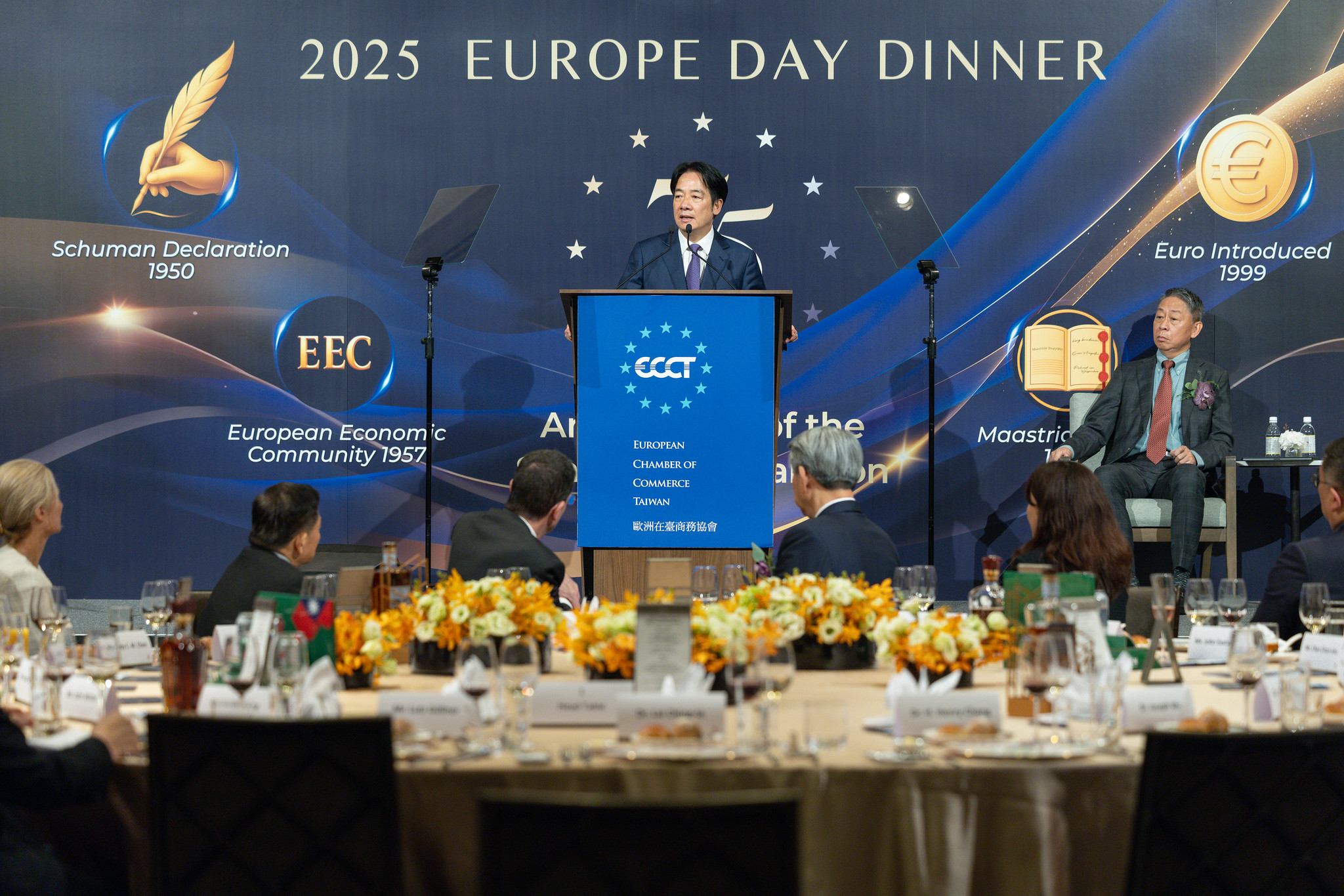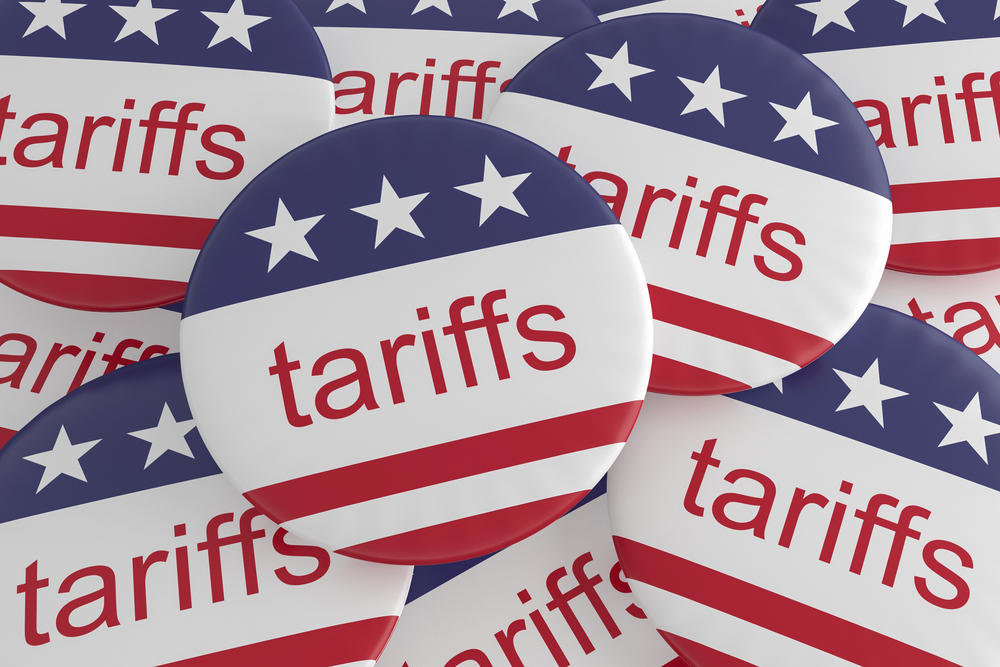Taiwan’s Exclusion from International Treaty for Pandemic Preparedness and Response
While COVID-19 cases Taiwan continued to escalate, health ministers from the world gathered together and pledged “global cooperation to fight COVID-19” during WHA74, although there was no representative from Taiwan at the session. This made WHA74, a global session supposedly to unite global efforts, particularly ironic. Picture Source: Pandemic Action Network, “The 74th World Health Assembly,” May 25, 2021, Facebook, https://www.facebook.com/PandemicActionNetwork/photos/317892659886157.
Prospects & Perspectives 2021 No. 29
Taiwan’s Exclusion from International Treaty for Pandemic Preparedness and Response
Shih-chia Lin
Executive Director of Foundation of Medical Professionals Alliance in Taiwan
June 15 2021
A Global Cooperation to Fight COVID-19 without Taiwan
As the 74th meeting of the World Health Assembly (WHA74) commenced on 24th May 2021, another 595 coronavirus cases were confirmed in Taiwan (including domestic cases, imported cases and retrospectively adjusted cases).While COVID-19 cases Taiwan continued to escalate, health ministers from the world gathered together and pledged “global cooperation to fight COVID-19” during WHA74, although there was no representative from Taiwan at the session. This made WHA74, a global session supposedly to unite global efforts, particularly ironic.
Member States Commit to Push for New “International Treaty for Pandemic Preparedness and Response”
More than 30 resolutions and decisions were adopted at this year's World Health Assembly in different areas of public health: decisions on diabetes, disabilities, ending violence against children, eye care, HIV, hepatitis and sexually transmitted infections, local production of medicines, malaria, neglected tropical diseases, noncommunicable diseases, nursing and midwifery, oral health, social determinants of health and strategic directions for the health and care workforce.
Most importantly, a collective commitment was made by member states for a new “International treaty for pandemic preparedness and response”, a decision that could possibly have a huge impact on global health governance. This treaty aims to complement IHR (2005), strengthen global capacity of epidemic prevention and responsiveness, and enhance transparency and accountability of global health governance. In some reports from independent councils and the statements of member states, it is emphasized that the new treaty could empower the WHO to conduct investigations and fact-checks public health risks without the consent of member states, if necessary.
The Next Step of International Treaty
Although efforts are underway to draw up a draft of this treaty, the “Member States Working Group on Strengthening WHO Preparedness and Response to Health Emergencies” will be convened no later than mid-September. The working group is to evaluate all reports from COVID-19 independent review panels such as the Independent Panel for Pandemic Preparedness (IPPR), the Independent Oversight and Advisory Committee for the WHO Health Emergencies Programme (IOAC) and the Review Committee on the Functioning of the International Health Regulations during the COVID-19 Response (IHR Review Committee) for further global reformation of preparedness and response to health emergencies.
The conclusion of working group will further be reviewed at the “Special Session of WHA” in November, at which there will be comprehensive discussions regarding the contents of the treaty, the mandatory obligations of member states, the authority of WHO, whether the treaty will be supplementary documents to International Law or another new treaty, and the eligibility of a contracting parties to the treaty, etc.
This treaty, which was made during an unprecedented global health crisis, could have a profound impact on global health governance. However, unfortunately, Taiwan is still excluded from the WHA and is not able to join any discussion in September and November.
Global Cooperation to Ensure Taiwan’s Participation is Needed
We support the objectives of the WHO and believe nobody should be left behind. Therefore, we call upon the WHO to enable Taiwan’s participation in discussions on the “International treaty for pandemic preparedness and response”. Until the special session is held this November, the WHO should provide informal negotiation documents to Taiwan and invite experts from Taiwan to join the discussion.
In addition, we call upon like-minded countries to support Taiwan’s participation in related discussions, or to support Taiwan as a contracting party to the treaty. The following are our suggestions:
Firstly, this very treaty should follow the “principle of universal application.”
The eligibility of contracting parties should not be limited to member states of the UN, but open to any competent authorities of health all over the world, through which can further guarantee Taiwan’s eligibility of being a contracting party.
Secondly, Taiwan and China should be viewed as two separate “health regions.”
Based on the observation of related discussions so far, many countries have agreed to set up a monitoring committee to oversee the fulfillment of the obligations of the contracting parties and to strengthen health security. It is necessary that Taiwan to strive for separation from China, Hong Kong and Macau, in order to avoid unnecessary blockade or stigma during an epidemic outbreak. Moreover, during any breakout, Taiwan should be able to acquire real-time information, knowledge and technology transfer directly from the WHO rather than through the Chinese government.
Thirdly, the risk of excluding Taiwan from the treaty should be widely known to the world.
During the past 18 months, since Taiwan has had little to no access to resources, technical assistance from the WHO and other multilateral institutions, or instant discussions with top experts, and Taiwan has been left alone to fight the pandemic. As the case numbers of have increased in Taiwan recently, we still only rely on ourselves or bilateral relations to fight the virus. The world should know that there have been no actual changes to the global health governance paradigm since the outbreaks of the enterovirus 71 (in 1998) and SARS (in 2003), and there will always be a control breach with IHR and the work of the WHO. If genuine equality, inclusiveness and transparency in governance are what the world longs for, then the world ought to support Taiwan’s inclusion in the global health network.
No One Is Safe Until Everyone Is Safe
Undeniably, Taiwan will have to face continuous oppression from China when it comes to being a contracting party to the treaty. Thus, it is a necessity that Taiwan works with legions of allies and like-minded countries to respond effectively to the challenges. Just as the Director-General of the WHO said, “No one is safe until everyone is safe”. This global health crisis will be a perfect opportunity to shift the paradigm of global health governance.

